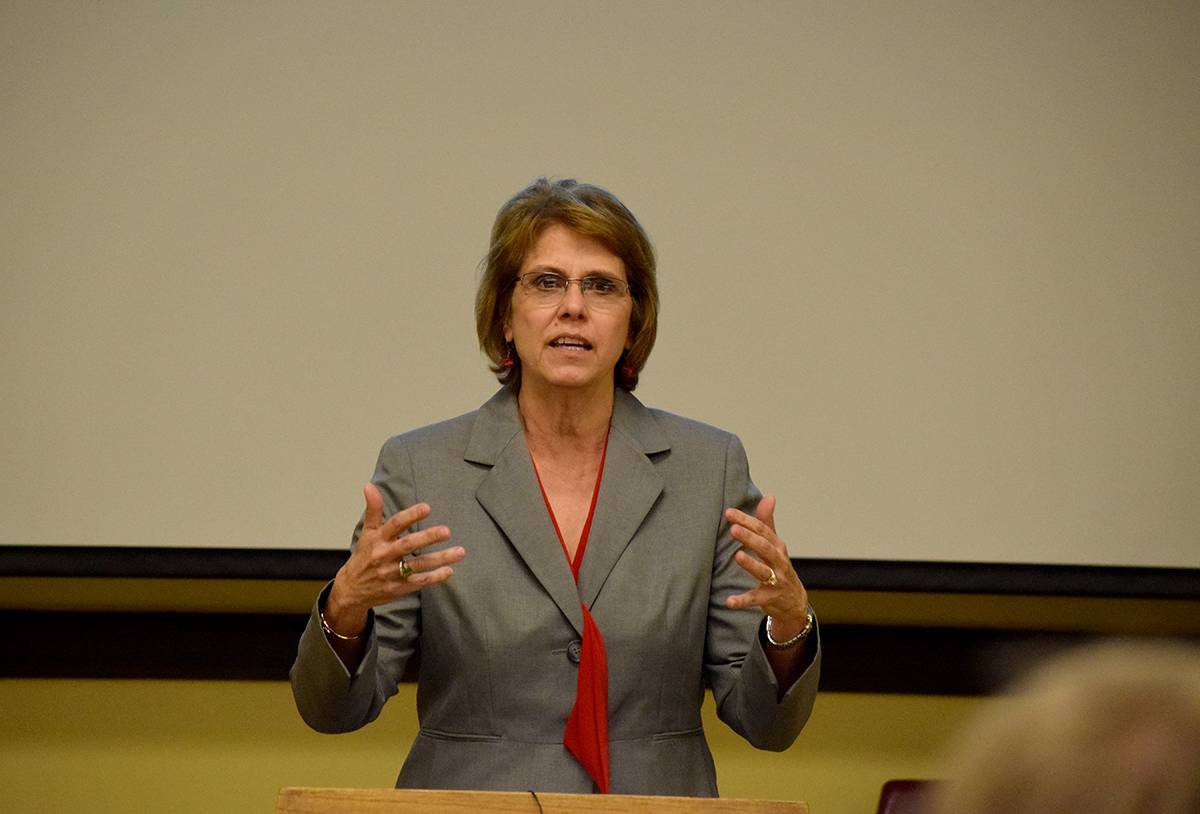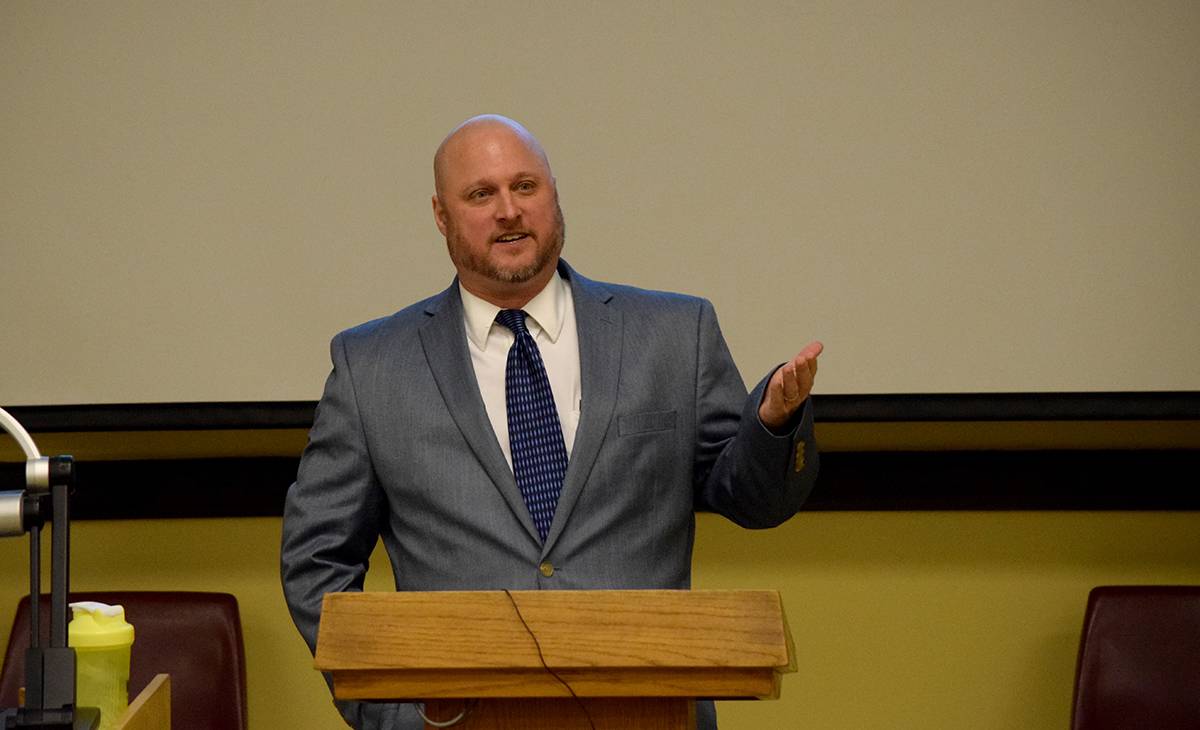Unequal Citizens: Women, Rights, and the Texas Constitution of 1836
In most traditional accounts of the framing of the Texas Constitution of 1836, scholars have crafted their interpretative framework based on the political, economic, and legal contests among the delegates, as well as the military realities of an approaching Mexican army. They wrote from a consensus that characterized Texas history as an epic story centered on the frontier experience of white men who tamed the wilderness, conquered the Indians, defeated a foreign foe, and created an independent nation, often referred to as the Texas Myth. By focusing on the public sphere where women and other minorities were excluded, this “ethnocentric and gender-skewed” version of history left little room for “others” to claim equal citizenship and participation. As Fane Downs famously wrote in “Texas Women: History at the Edges,” Texas women’s history must be conducted within the context of the suffocating Texas macho myth.” As a consequence, little gender analysis has typically been applied to the events of March 1-17, 1836, or the construction of the Texas Constitution of 1836. However, a careful reading of the constitution reveals that either through haste, oversight, or imprecise language, the delegates “accidentally” bestowed direct political rights on white women. In their rush to complete their deliberations and flee before the Mexican troops arrived, the 59 men who drafted the constitution inadvertently permitted women to vote, even serve on juries. Although these lawmakers never intended it, society never expected it, and women never asked for it, Texas white women after 1836 could, but didn’t exercise “all the privileges” of citizenship. Prof. Scheer, then, will analyze the Texas Constitution of 1836, seeking to understand how the constitution for the Republic of Texas was not only a political statement, but also the product of a social, cultural, and gendered construction.
Mary L. Scheer is professor of History and chair of the History department at Lamar University. She received a B.A. and M.A. (1975) from Texas State University, later earning a Ph.D. from Texas Christian University. She has authored The Foundations of Texan Philanthropy (Texas A&M University Press, 2004), co-edited Twentieth-Century Texas: A Social and Cultural History (University of North Texas Press, 2008), and edited the award winning Women and the Texas Revolution (University of North Texas Press, 2012). Scheer was a Fulbright scholar at the University of Potsdam, Germany, in 2004.


